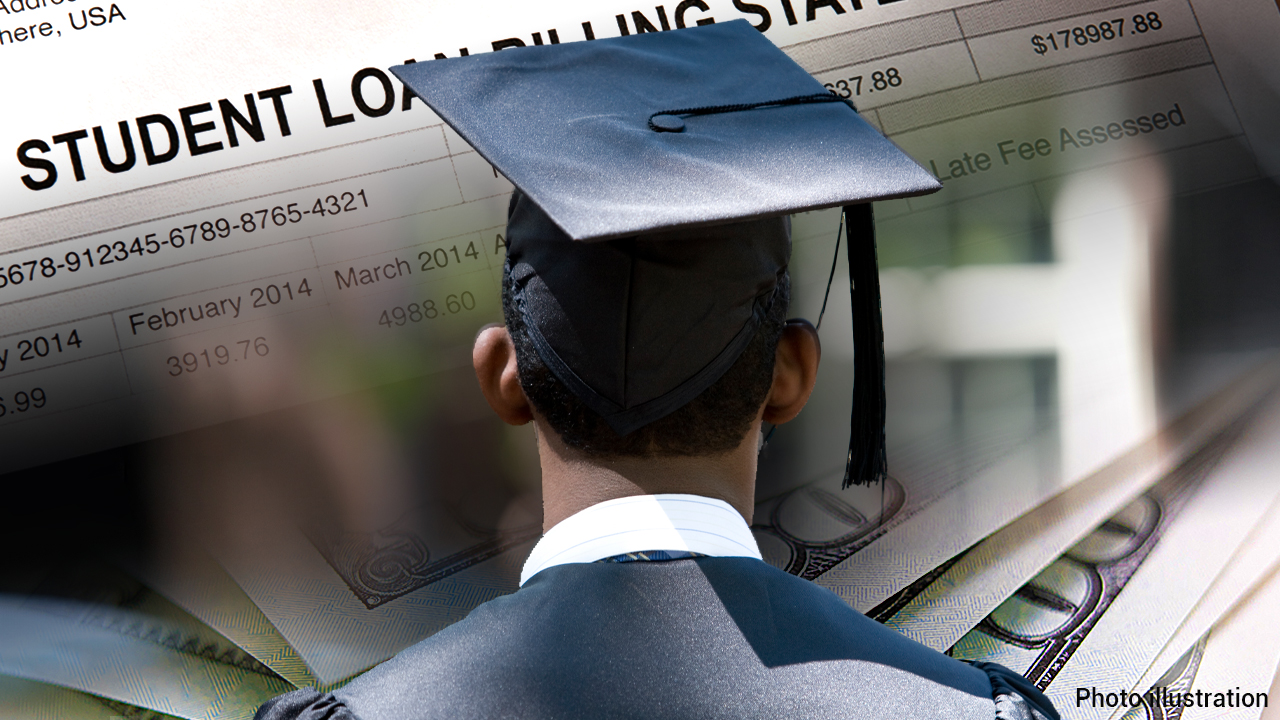How will my Student Loan Affect my Credit Score
Thinking of taking out a student loan? Well, this is going to have an impact on your credit score depending on how your repayment obligations. A student loan will have a positive impact on your credit score if you pay as agreed. The loan will leave a dent in your credit score if you delay or default in your loan repayment. The good news is that you can avoid the negative impact by simply paying your monthly bills on time. This article discusses the various ways through which a student loan can impact your credit score as well as the various strategies you can use to improve your credit score.
What is a Student Loan?
A student loan is a type of loan that is specifically designed to help students pay for their education. Student loans are different from other types of loans because they usually have lower interest rates and more flexible repayment terms. Student loans are also often subsidized, which means that the government pays the interest on the loan while the student is in school.
Student loans are repayment in installments. This means that you can often choose to make smaller monthly payments while you are in school and then larger payments after you graduate. The repayment period for most student loans is 10 years, but it can be as long as 25 years for some loans.
Types of Student Loans
There are two main types of student loans:
- Federal student loans
- Private student loans
Federal student loans are guaranteed by the government and they usually have lower interest rates than private student loans. Federal student loans also often have more flexible repayment terms than private student loans. For example, federal student loans offer income-based repayment plans that can make your monthly payments more affordable.
Private student loans are not guaranteed by the government and they typically have higher interest rates than federal student loans. Private student loans also often have less flexible repayment terms than federal student loans. For example, private student loans often require you to start making payments immediately after you graduate, even if you can’t find a job.
How Student Loans Affect Your Credit Score
Student loans can have both a positive and negative impact on your credit score, depending on how you manage your loan repayment.
If you make your student loan payments on time, then the loan will have a positive impact on your credit score. On-time payments will show up on your credit report as positive payment history, which is one of the most important factors in your credit score.
However, if you miss a student loan payment, then the loan will have a negative impact on your credit score. Late payments will show up on your credit report as negative payment history, which can hurt your credit score.
If you default on your student loan, then the loan will have a very negative impact on your credit score. Defaulting on a loan means that you have failed to make payments for 270 days or more. Defaulting on a student loan will damage your credit score and make it difficult to qualify for other types of loans in the future.
How to Improve Your Credit Score
There are a few things you can do to improve your credit score:
Make all of your payments on time, including your student loan payments
One way to make your credit score go up is to always make your payments on time. This includes the payments for your student loan. If you make your student loan payments on time, then it will show up as positive payment history on your credit report.
Keep your credit card balances low
Credit cards can be a great way to build up your credit, but only if you use them responsibly. One way to use credit cards responsibly is to keep your credit card balances low. This means that you shouldn’t charge more to your credit cards than you can afford to pay off each month.
Use a mix of different types of credit
Another way to build up your credit is to use a mix of different types of credit. This means that you should have both installment loans, like student loans, and revolving loans, like credit cards. Having a mix of different types of loans will show lenders that you can manage different types of credit responsibly.
Check your credit report for errors
If you find an error on your credit report, then you should dispute the error with the credit bureau. Dispute any errors that you find on your credit report, as they can hurt your credit score.
Use a credit monitoring service
Credit monitoring services can help you keep track of your credit score and report any changes to your credit report. This can be helpful if you are trying to improve your credit score.
Refinancing Student Loans
If you have student loans, then you may be able to save money by refinancing your loans. Refinancing means taking out a new loan to replace your existing loans. When you refinance your student loans, you may be able to get a lower interest rate, which can save you money over the life of your loan.
You may also be able to extend the repayment term on your loan, which can help make your monthly payments more affordable. However, extending the repayment term on your loan will also increase the amount of interest you pay over the life of the loan.
If you are thinking about refinancing your student loans, then you should compare offers from multiple lenders to find the best deal. You can use a student loan refinancing calculator to estimate how much money you could save by refinancing your loans.
There are a few things to consider before refinancing your student loans:
Are you eligible for federal student loan forgiveness programs?
If you are eligible for federal student loan forgiveness programs, then you may want to keep your existing federal student loans. This is because private lenders do not offer loan forgiveness programs.
Will you lose any benefits if you refinance your loans?
Some benefits, like deferment and forbearance, are only available for federal student loans. If you refinance your federal student loans with a private lender, then you will lose these benefits.
How much will you save by refinancing your loans?
You should compare the interest rates and repayment terms of multiple lenders before refinancing your student loans. Make sure to calculate how much money you will save over the life of the loan before deciding to refinance.
Are there any fees associated with refinancing your loans?
Some lenders charge origination fees or prepayment penalties when you refinance your student loans. Make sure to compare the total cost of each loan before deciding which one to choose.
What is the minimum credit score required to refinance your loans?
Most lenders require a minimum credit score of 650 to qualify for student loan refinancing. If you have a lower credit score, then you may not be able to qualify for the best interest rates.
Improving Your Credit Score
If you have bad credit, then you may be wondering how you can improve your credit score. There are a few things that you can do to improve your credit score:
Pay your bills on time
One of the most important things that you can do to improve your credit score is to pay your bills on time. This includes both your monthly bills and any other debts that you may have, such as credit cards or loans.
Keep your credit utilization low
Your credit utilization ratio is the amount of debt that you have compared to your credit limit. For example, if you have a credit card with a $1,000 limit and you owe $500 on the card, then your credit utilization ratio is 50%.
It’s important to keep your credit utilization ratio low, as it is one of the factors that lenders use to determine your credit score. A good rule of thumb is to keep your credit utilization ratio below 30%.
Get rid of any unnecessary debt
If you have any debt that you don’t need, such as a store card with a high interest rate, then you should consider getting rid of it. This will help improve your credit utilization ratio and free up more money each month to put towards your other debts.
Check your credit report for errors
If you find any errors on your credit report, then you should dispute them with the credit bureau. This can help improve your credit score by removing any negative information that is not accurate.
Use a credit monitoring service
Credit monitoring services can help you keep track of your credit score and identify any potential fraudulent activity. This can help you catch any problems early and prevent them from causing long-term damage to your credit score.
Final Thoughts
Student loans can affect your credit score in a number of ways. If you miss a payment, then it will negatively impact your credit score. However, if you make all of your payments on time, then it can actually help improve your credit score.
If you are struggling to make your student loan payments, then you should consider refinancing your loans. This can help lower your monthly payments and make it easier to stay current on your loans. However, you should make sure to compare the interest rates and terms of multiple lenders before refinancing.
Improving your credit score is important, as it can affect your ability to get a loan or a credit card with a low interest rate. There are a few things that you can do to improve your credit score, such as paying your bills on time






